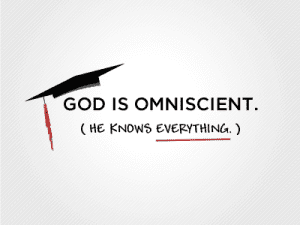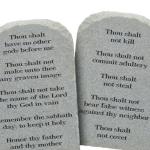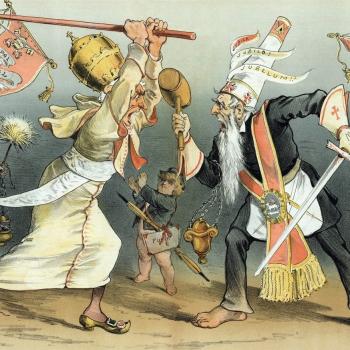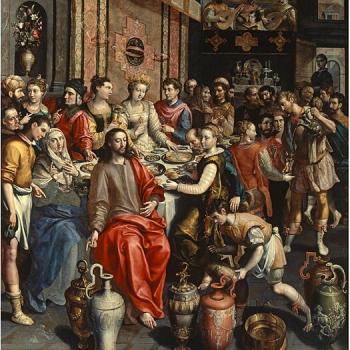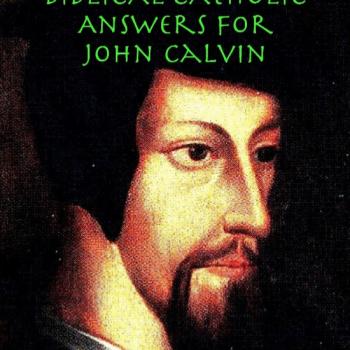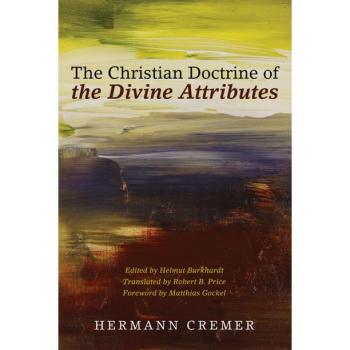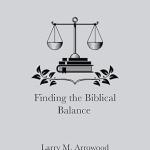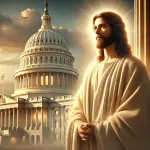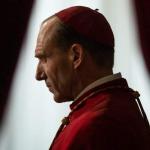Does God Know Everything?
Okay, the title of this post is not quite right, but the program does not allow lengthy titles. Here is what this blog post should be called: What Does “Divine Omniscience Mean?”
Recently I reviewed (in brief) a book of analytical theology by R. T. Mullins. It’s title is “The End of the Timeless God.” I expressed interest in what Mullins thinks of open theism—the theory that God does NOT know the future exhaustively and infallibly. (That’s a kind of shorthand for what open theists believe, but expressing it fully and absolutely correctly, to their satisfaction, would take a lot of words!)
A respondent here said that Mullins does not embrace open theism BECAUSE, he believes, it conflicts with the omniscience of God. But does it?
What does “omniscience” mean when applied to God? Does it necessarily mean that God knows the future exhaustively and infallibly? Open theists say God does not because some of the future hasn’t been decided yet. And yet, they say, God is omniscient.
Open theists, and some theologians and philosophers who don’t call themselves open theists or admit to being open theists, say that God’s omniscience simply means he knows all there is to know. The future does not yet exist, so God’s knowledge of it does not include that part of the future not yet decided by anyone or anything.
My question to those who object to open theists’ definition of omniscience is “Does God know the DNA of unicorns?” Of course not. Unicorns don’t exist. So God’s lack of knowledge of their DNA is no defect in his knowledge.
Mullins’s definition of omniscience is that God knows all true propositions as true. He assumes, because he believes in God’s absolute knowledge of the entire future, that “true propositions” include everything that has not happened yet.
The problem is that Mullins affirms God’s temporality. How can God know what is future even for him insofar as it is not yet decided? If all of the future is already decided, how can it really be “future” in any ordinary sense of the word?
Someone here said that Mullins appeals to Molinism, the idea that God knows what any free creature will decide in any given set of circumstances (without detracting from their libertarian freedom). But is Molinism, “middle knowledge,” compatible with libertarian free will? No, it’s not. Molinism necessarily leads to determinism.
If Mullins is a determinist, fine, then I can understand why he would NOT be an open theist. But, back to the meaning of “omniscience.”
But let’s begin with “omnipotence.” All orthodox Christians believe God is omnipotent. An orthodox Christian philosopher once told me that open theism is incompatible with divine omniscience. I happened to know he was a Calvinist. But I asked him if God can change the past. He said no. (The philosopher in question was Paul Helm.) I then asked him how that does not detract from divine omnipotence. He appealed to logic and said that “past” is by definition what cannot be changed. I said that he was qualifying “omnipotence” in the same way open theists qualify “omniscience.” He didn’t agree, but I still believe he was wrong about that.
Everyone qualifies divine omnipotence. Even William of Ockham and Martin Luther believed God cannot do what I strictly illogical. God cannot make a rock so big he cannot lift it. C. S. Lewis settled that one. God cannot lie. God cannot make a round square. Etcetera. But what if the “future” means what is impossible for anyone to know because, like unicorn DNA, there is nothing to know? Then, “omniscience” is preserved even if defined differently than many people would define it.
The problem I am putting my finger on here is that Mullins, like open theists, believes God is temporal. And I assume, perhaps wrongly, that he is not a determinist. If he is, then, of course God knows the future exhaustively and infallibly. I wish he would have said so in the book, where he discusses open theism. He doesn’t.
My point is simply that “divine omniscience” does not HAVE to mean knowledge of the future that is exhaustive, absolute and all-inclusive and infallible.
I am not an open theist, but my belief that God is temporal, and that people have non-compatibilism, libertarian free will, and that God is not all-determining, pushes me toward open theism. And my belief that God cannot change the past even though he is omnipotent requires me to believe that God’s omniscience can be qualified in ways most orthodox believers do not qualify it (but could and still be orthodox).
*If you choose to comment, make sure your comment is relatively brief (no more than 100 words), on topic, addressed to me, civil and respectful (not hostile or argumentative), and devoid of pictures or links.*


